Deciphering rhinovirus-mediated macrophages impairment through the establishment of human induced pluripotent stem cells-derived macrophages
Responsable de l’encadrement : Dr. Suzanne Faure-Dupuy
Tél : 01 40 51 64 22… E-mail: suzanne.faure-dupuy@inserm.fr
INSTITUT COCHIN
Résumé du Projet de Stage
A growing body of evidence suggest that viruses can modulate myeloid cells responses leading to long-term impairment of monocytes/macrophages phenotypes. Recent data suggest that virus-mediated modulation of macrophages can even occur when the virus do not replicate in these cells. These modulations facilitates the establishment and the maintenance of the viral infection and can be linked to pathologies development (e.g. cancer, superinfection). Understanding the mechanisms employed by viruses to modulate macrophages responses could provide possible targets to eliminate the infection, and offer therapeutic options to prevent/avoid virus-associated pathogenesis.
Human rhinovirus (HRV) impairs macrophages’ responses upon secondary challenge with bacteria. Indeed, HRV has been linked to bacteria superinfection in the airways of patients with chronic pulmonary disease. The laboratory identified arpin as a critical factor targeted by HRV to alter the phagocytic activity of macrophages and showed that HRV16-treated macrophages present a “paralysed” phenotype in terms of cytokine secretion. The precise mechanisms governing the reprogramming of the macrophages are however not fully elucidated. Therefore, the objectives of the project are to decipher what are the HRV-mediated mechanisms leading to impaired macrophages’ functions. This question will be answered through epigenetic (ChIP), RNA (RT-qPCR), and protein (western-blot and ELISA) analysis of macrophages exposed or not to HRV. Moreover, the models employed to study macrophages present advantages but do not recapitulate organ physiology, which plays a key role on the resident macrophage phenotype. Therefore, we are developing a model of human lung alveolar macrophage-like cell (LAML) derived from induced pluripotent stem cells (h-iPSC) to answer the above-mentioned objectives. This project requires extensive human cell culture and working with pathogens (HRV) in a BSL2. English proficiency is a must to work in our team.
Dernières Publications en lien avec le projet :
- Arpin is critical for phagocytosis in macrophages and is targeted by human rhinovirus. Jubrail J, Africano-Gomez K, Herit F, Mularski A, Bourdoncle P, Oberg L, Israelsson E, Burgel PR, Mayer G, Cunoosamy DM, Kurian N, Niedergang F. EMBO Rep. 2020 Jan 7;21(1):e47963. doi: 10.15252/embr.201947963. Epub 2019 Nov 13.
- HRV16 Impairs Macrophages Cytokine Response to a Secondary Bacterial Trigger. Jubrail J, Africano-Gomez K, Herit F, Baturcam E, Mayer G, Cunoosamy DM, Kurian N, Niedergang F. Front Immunol. 2018 Dec 18;9:2908. doi: 10.3389/fimmu.2018.02908. eCollection 2018.
- Macrophage phagocytosis cracking the defect code in COPD. Jubrail J, Kurian N, Niedergang F. Biomed J. 2017 Dec;40(6):305-312. doi: 10.1016/j.bj.2017.09.004. Epub 2017 Dec 26.
Ce projet s’inscrit dans la perspective d’une thèse
Ecole Doctorale de rattachement : BioSPC ED562
Equipe d’Accueil : Team « Biology of Phagocytes, Infection, and Immunity »
Intitulé de l’Unité : Inserm U1016-CNRS UMR8104-Université Paris Cité
Nom du Responsable de l’Unité : Dr. Florence Niedergang
Nom du Responsable de l’Équipe : Dr. Florence Niedergang
Adresse : 22, rue Méchain, 75014 Paris

